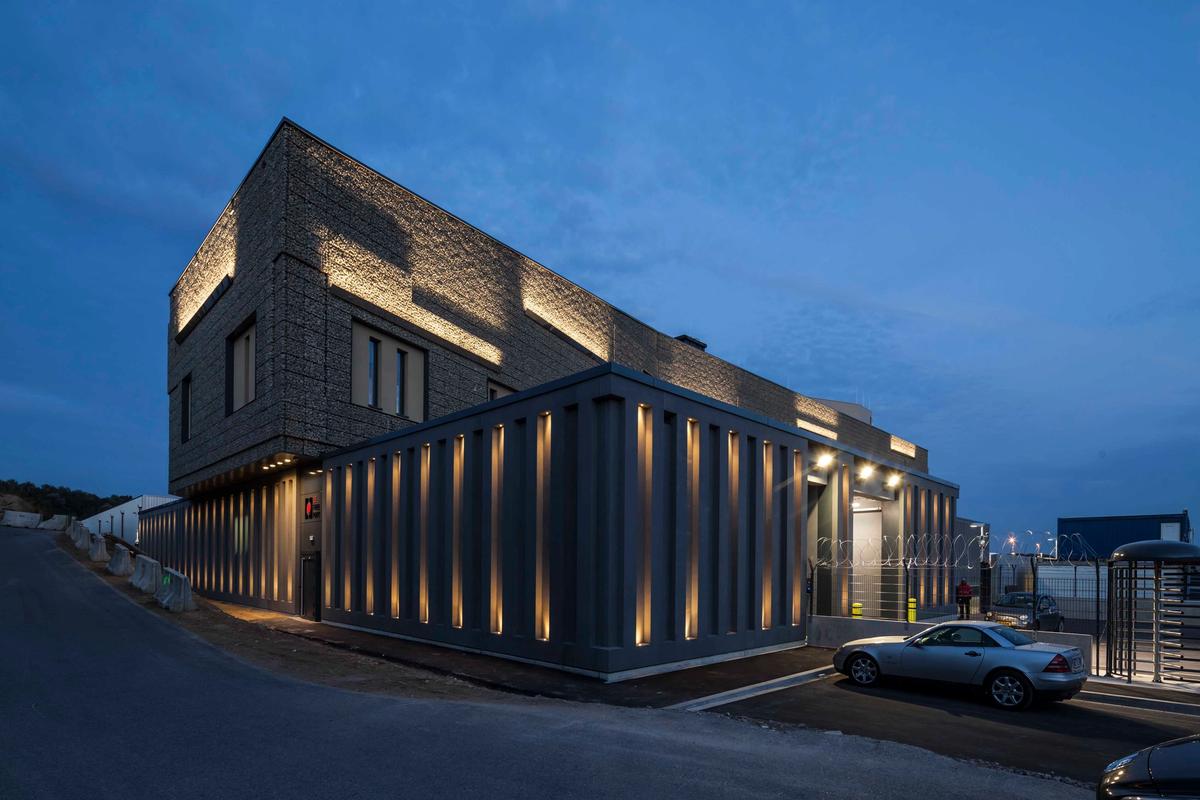The European Commission president Jean-Claude Juncker has rejected allegations of fraud and irregularities related to the management of Le Freeport Luxembourg, which is owned by the Swiss art dealer Yves Bouvier.
In a letter dated 8 January, the German MEP Wolf Klinz called on Juncker to close loopholes that potentially allow for financial crimes to be committed at freeports after concerns were raised by the EU’s Tax3 committee.
Referring specifically to Le Freeport Luxembourg, which opened its steel turnstiles to VIP bankers, art dealers and collectors in August 2014, Klinz says the storage facility had “been alleged to be a fertile ground for money laundering and tax evasion”. The complex was built while Juncker was Luxembourg’s prime minister and enables clients to fly in high-value possessions such as cars, jewellery and art and trade them inside the freeport’s walls without incurring customs or sales tax. Freeports are increasingly being used as facilities to permanently park assets.
However, in a letter dated 28 February, Pierre Moscovici, the European commissioner for economic and financial affairs, responded on behalf of Juncker saying that “there was no evidence showing that free zones in the EU are systematically used to commit fraud”. Rather, freeports are “useful to simplify commercial operations”.
The European Commission arrived at this conclusion having requested and analysed information from freeport stakeholders, which focused on identifying “possible undesired activities” relating to customs procedures, tax evasion, money laundering and terrorism financing. The commission also visited Le Freeport on an unspecified date, according to Moscovici’s letter.
The commissioner stresses that if “any systematic misuse or fraudulent behaviour were detected, the commission would take the appropriate actions in order to deter such undesired activities”.
Klinz hit back saying the “worrisome allegations” brought to light by the Tax3 committee have been met “with condescension and dismissal”.
He adds: “What’s clear from the response is that there is no political will to seriously investigate the possibility of fraudulent activities and irregularities related to the management of Le Freeport Luxembourg.”
The rise of art as an asset class has contributed to a sharp increase in freeports—from less than 100 in 1975 to around 3,000 in 135 countries in 2008, with 82 free zones in Europe in November 2017, according to a report commissioned by Tax3 and published in October by the European Parliamentary Research Service (EPRS).
The report found that the introduction of new anti-money laundering laws in Luxembourg in July 2015 had already “significantly diminished Le Freeport’s operative opacity”. The new legislation means that the facility has to identify the beneficial owner of stored goods; proprietors can no longer use offshore companies, trusts, lawyers or galleries to shield their ownership.
Despite the tightening of regulations, however, Klinz says the “path to adequate regulation […] remains long and fraught with complexities”.


